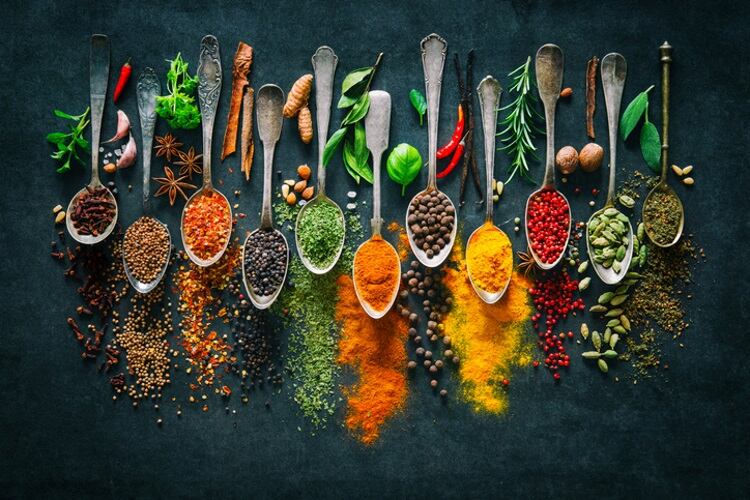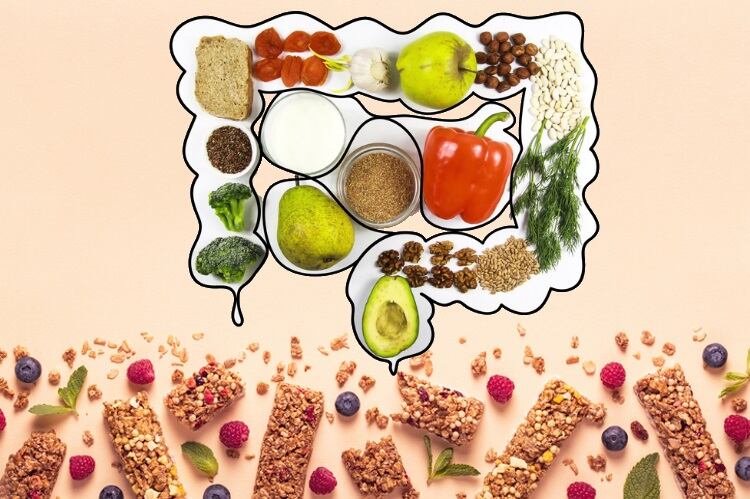The US company, which produces ingredients that power many of the world’s top brands, has released its second annual list of global consumer trends, grounded on indepth research from its proprietary Outside Voice platform.
The ‘snackification’ movement (snacking vs specific meals) was already on the rise well before COVID-19 hit, motivating consumers to pay much more attention to the nutritional value of snacks.
The pandemic has naturally left consumers feeling even more vulnerable, further accelerating the desire to make better-for-you choices – and parents are no less focused when it comes to kids.
ADM’s Outside Voice found that 64% of households with children under the age of 18 revert to snacks to ensure sustained energy throughout the day. 67% of households also claim to include more fruits and veggies in their diet.
The vegan, vegetarian – or at the least, flexitarian – approach to eating has taken hold, and plant-based will continue to be the biggest buzz phrase for the foreseeable future. In fact, a 2021 report from Boston Consulting Group and Blue Horizon Corporation expects alternative proteins will account for 11% of the total protein market by 2035.
Along with parents, caregivers – such as those in charge of a school lunches – will specifically be on the lookout for snacks that deliver nutrition and satiety with ingredients like whole grains, fibre and protein. This is where ADM’s plant protein powders come to the fore, boosting functionality in snack bars, muffins, pizza dough and cookies. The company’s range includes a pea & wheat protein blend, and one made with pea & rice proteins, that are both suitable as alternate protein inclusions for a school lunch programme, which, in the US, requires a PDCAAS of 0.8 or higher.
Protein digestibility-corrected amino acid score (PDCAAS) is the way to measure the nutritional quality of a protein. It compares the amount of the essential amino acids in a food against a reference score (based on the essential amino acid requirements of a 2-to-5-year-old child) to determine its most limiting amino acid score.
Other big trends expected next year include putting gut heath at the core of overall wellbeing, clean ingredients, transparency, sustainability and the humanisation of pets.
“Consumers today continue to navigate a tumultuous environment that has uprooted every aspect of their lives,” said Brad Schwan, VP of category marketing for ADM.
“This has led forward-thinking brands to develop new solutions purpose-built to help consumers establish a sense of normality for themselves, their families and their pets. We’re seeing everything from foods, feeds and beverages that promote gut health to plant-based meat and dairy alternatives to biodegradable packaging.”
ADM provides a breakdown of each growth space poised for takeoff in the new year to help brands fuel product innovation.
Mindful snacking
Consumers want to be more proactive in supporting their mind and body. According to ADM, while this is a long-term trend, the pandemic has certainly placed renewed interest on mental wellbeing, with many consumers looking for more effective ways to cope with stress and anxiety.
Wholesome nutrition is one important way consumers are looking to support their holistic well-being. In fact, ADM Outside Voice found that 37% of global consumers expect the snacks they eat to improve their mental wellbeing.
The power of plants
The flexitarian approach has become mainstream, driven by the need to support a healthier environment with friendly lifestyles. The plant-based craze is also being fuelled, in part, by COVID-19, as a health-forward alternative.
To stay in the loop, brands have had to broaden their portfolio with nutrient-dense plant-based options for consumers, aiming to meet their growing demand for products that are sustainable, wellness-oriented and safe.
Stomaching the new year
The importance of the microbiome has grown, and data from ADM’s Outside Voice indicates that 58% of global consumers are aware of the potential benefits that bacteria in the digestive system can have on their overall health.
Linked by consumers to immune function, aspects of metabolic health and even mood, mental acuity and feeling energized, their approach to supporting a healthy gut is rapidly evolving from a reactive approach (seeking foods to alleviate discomfort) to a proactive tactic that includes tailored and customised pre-, pro- and postbiotic solutions.
Clean and transparent
Consumer demand for clean label – which they consider to consist of real, simple, kitchen-level ingredients that can promote a healthy, sustainable lifestyle – has become table stakes.
This has led to a desire for transparency across the entire product lifecycle, from how it’s made to how it’s packaged and even how it’s delivered. This became especially apparent during COVID-19, with consumers having more time to learn what makes up their daily shop to ensure the health and safety of not only themselves and their families, but their communities and even their pets, too.
As consumers become more sophisticated in their understanding of the products they consume, 58% of global consumers say they will be more attentive to locality claims as a result of COVID-195.
Man’s best friend
On the subject of pets, ADM says there’s been a definite tendency to view pets as part of the family, and not just a cute, fluffy ball to be fed on a regular basis.
This trend has accelerated in strength during the pandemic, and extends to what their pets eat, with many pet parents transposing their purchasing values and preferences onto their furry companions.
Mintel’s The Future of Pet Food report said in 2021, the pet food category saw an increase in ‘all natural’ options launched globally. Likewise, ADM Outside Voice also found that 30% of pet owners across the world spent a significant amount of time over the past year researching the best food options.
It is forecast the trend will only become strong, with a greater number of owners becoming more involved in their pets’ overall wellbeing to ensure they’re providing the right foods for their minds and bodies.
Responsible animal husbandry
The interconnectedness of the animal product supply chain is top of mind for today’s consumer, said ADM, driving a demand for feed solutions that will support both human and animal nutrition in an efficient, environmentally friendly manner. Brands today are being pressured into providing digital documentation on how the animal was raised, and particularly its consumption of antibiotics or growth hormones. This is underscored by Nielsen’s 2020 data that 49% of consumers are willing to pay a premium for products with high quality assurances and verifiable safety standards.
Sustainable goodness
Today’s consumer – no matter what age, creed, colour or locality – sees sustainability as a moral imperative. In fact, according to FMCG Gurus, 47% of global consumers assert to being more attentive to sustainability claims.
This has sparked demand for ethical production and sustainable sourcing practices – such as regenerative agriculture and carbon negative production – to protect food supply. Brands, as such, need to take positions on environmental matters, aiming to reflect their commitments to increasing the sustainability of their production and distribution systems.
And when it comes to end of life …
Today’s consumers are more conscious of the environmental impact of their consumption and the food system at large. While 38% of global consumers are willing to pay more for products made with sustainable materials (FMCG Gurus), more weight is being given to how a product is treated at the end of its lifecycle, too.
Conscientious consumers are more determined to seek out products that support the environment, with a rapidly increasing number believing that companies should be taking greater responsibility for reducing food waste.




